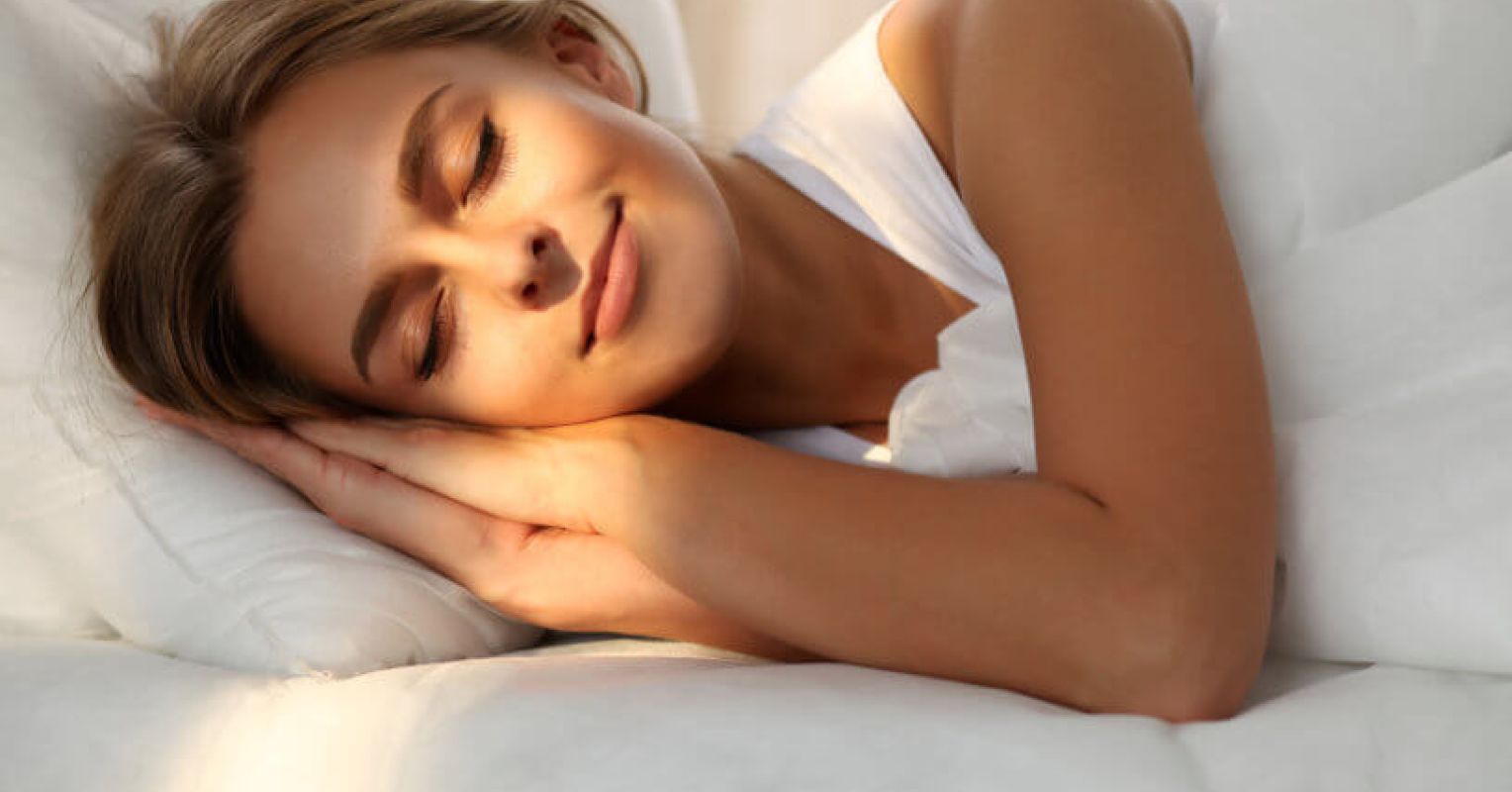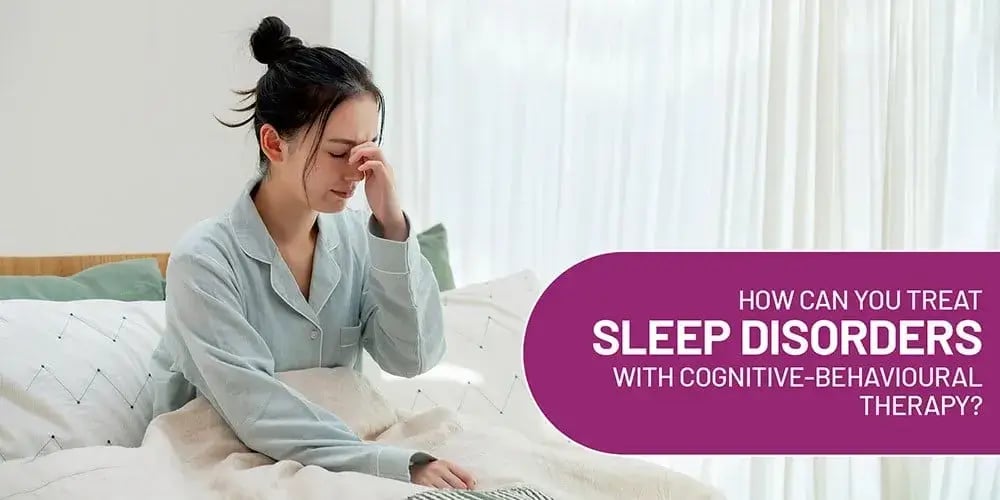Advanced Sleep Therapy - Attain Deep, Relaxed Sleep
Advanced Sleep Therapy - Attain Deep, Relaxed Sleep
Blog Article
Efficient Treatment Solutions for Taking Care Of Rest Disorders and Enhancing Restful Sleep
In the realm of healthcare, the monitoring of sleep problems and the mission for restful sleep are crucial components of total wellness. As we navigate the complex landscape of sleep conditions and look for to enhance our sleep experience, a much deeper understanding of these therapy solutions may hold the secret to unlocking an extra refreshing and satisfying corrective trip.
Cognitive Behavior Therapy for Sleeplessness (CBT-I)
Cognitive Behavior Therapy for Sleeplessness (CBT-I) is a structured, evidence-based treatment strategy that concentrates on resolving the underlying elements adding to rest disruptions. This sort of treatment aims to modify habits and ideas that exacerbate sleep problems, inevitably promoting healthy sleep patterns. CBT-I generally entails numerous key components, consisting of cognitive therapy, rest constraint, stimulation control, and sleep health education and learning.
Cognitive treatment helps individuals determine and change adverse idea patterns and beliefs about sleep that may be preventing their capacity to fall or remain asleep. Rest restriction includes restricting the quantity of time spent in bed to match the person's real sleep period, thereby enhancing sleep performance (natural insomnia remedies). Stimulation control strategies help develop a strong organization between the bed and rest by motivating individuals to head to bed only when drowsy and to stay clear of engaging in stimulating activities in bed
Additionally, sleep hygiene education and learning focuses on creating healthy rest habits, such as preserving a regular rest schedule, producing a relaxing bedtime routine, and enhancing the rest setting. By dealing with these elements comprehensively, CBT-I offers an effective non-pharmacological intervention for managing insomnia and enhancing general sleep top quality.
Rest Hygiene Practices
Having developed the foundation of cognitive restructuring and behavioral alterations in addressing sleeping disorders with Cognitive Behavioral Therapy for Sleeplessness (CBT-I), the focus currently changes in the direction of exploring crucial Sleep Health Practices for keeping ideal rest top quality and general health.
Sleep health methods encompass a variety of practices and ecological factors that can significantly influence one's capacity to drop off to sleep and remain asleep throughout the night. Consistent sleep and wake times, creating a relaxing going to bed regimen, and enhancing the sleep setting by keeping it dark, peaceful, and cool are critical elements of good sleep hygiene. Limiting exposure to screens prior to bedtime, avoiding stimulants like caffeine near bedtime, and participating in normal physical activity throughout the day can also advertise better rest high quality.
In addition, practicing leisure methods such as deep breathing workouts or reflection prior to bed can aid soothe the mind and prepare the body for sleep. By incorporating these sleep hygiene techniques into one's everyday regimen, individuals can develop a healthy and balanced rest pattern that sustains restful rest and overall well-being.
Leisure Methods and Mindfulness
Executing relaxation techniques and mindfulness practices can play a pivotal function in fostering a feeling of calmness and promoting high quality rest. sleep deprivation help. These strategies intend to silent the mind, reduce tension, and develop an optimum setting for peaceful rest. One extensively exercised method is deep breathing workouts, where people concentrate on slow-moving, deep breaths to loosen up the body and mind. Progressive muscle leisure includes tensing and after that releasing each muscle group, promoting physical leisure. Furthermore, guided images can help move individuals to a tranquil area in their minds, aiding in stress and anxiety reduction and boosting sleep high quality.
Mindfulness practices, such as meditation and yoga exercise, are additionally effective in promoting leisure and boosting sleep. Mindfulness urges people to remain present in the minute, releasing fret about the past or future. By including these practices into a going to bed regimen, people can signify to their bodies that it is time to prepare and take a break for Find Out More rest. In general, incorporating leisure strategies and mindfulness techniques can considerably add to taking care of rest problems and boosting total rest top quality.

Medication Options for Sleep Disorders
After exploring relaxation methods and mindfulness techniques as non-pharmacological interventions for enhancing rest quality, it is necessary to think about medicine alternatives for people with rest problems. In cases where way of life modifications and therapy do not provide sufficient relief, medication can be a beneficial device in taking care of rest disruptions.
Typically prescribed medicines for sleep conditions consist of benzodiazepines, non-benzodiazepine hypnotics, antidepressants, and melatonin receptor agonists. Benzodiazepines, such as diazepam, are sedatives that can aid cause sleep, but they are usually suggested for temporary use as a result of the risk of dependence. Non-benzodiazepine hypnotics like zolpidem are likewise utilized to deal with sleeplessness and have a reduced threat of dependence compared to benzodiazepines. Antidepressants, such as trazodone, can be helpful for people with co-occurring anxiety and sleep disruptions. Melatonin receptor agonists, like ramelteon, target the body's natural sleep-wake cycle and can be valuable for managing rest patterns.
It is crucial for individuals to seek advice from with a doctor to determine one of the most appropriate medicine choice based on their particular sleep condition and medical background.
Light Therapy for Body Clock Regulation
Light therapy, additionally called photo-therapy, is a non-invasive therapy technique utilized to manage circadian rhythms and improve sleep-wake cycles. This treatment involves direct exposure to intense light that imitates natural sunlight, which aids to reset the body's inner clock. By revealing individuals to certain wavelengths of light, normally in the morning or evening depending upon the desired effect, light treatment can properly readjust the circadian rhythm to promote wakefulness throughout the day and boost relaxed rest at night.
Study has shown that light therapy can be particularly useful for individuals with circadian rhythm conditions, such as postponed rest stage syndrome or jet lag. It article source can likewise be valuable for those visit this site right here experiencing seasonal depression (SAD), a kind of depression that normally occurs throughout the winter season when all-natural light direct exposure is lowered. Light therapy is usually well-tolerated and can be utilized along with other treatment approaches for rest problems to enhance outcomes and enhance general rest top quality.
Verdict
Finally, effective treatment solutions for managing sleep disorders and improving relaxing sleep include Cognitive Behavioral Treatment for Sleeping Disorders (CBT-I), rest hygiene practices, leisure techniques and mindfulness, drug alternatives, and light therapy for body clock guideline. These methods can aid people enhance their sleep top quality and overall wellness. It is very important to consult with a healthcare service provider to establish one of the most ideal technique for attending to rest concerns.
As we browse the detailed landscape of rest problems and seek to improve our rest experience, a deeper understanding of these treatment remedies might hold the key to opening a more refreshing and satisfying corrective journey.
Rest limitation includes limiting the quantity of time spent in bed to match the person's real sleep period, therefore raising rest efficiency. Constant sleep and wake times, producing a relaxing going to bed routine, and optimizing the sleep atmosphere by maintaining it dark, peaceful, and cool are essential elements of great sleep hygiene. Light therapy is normally well-tolerated and can be utilized in conjunction with various other therapy methods for rest disorders to maximize end results and enhance total rest high quality.

Report this page